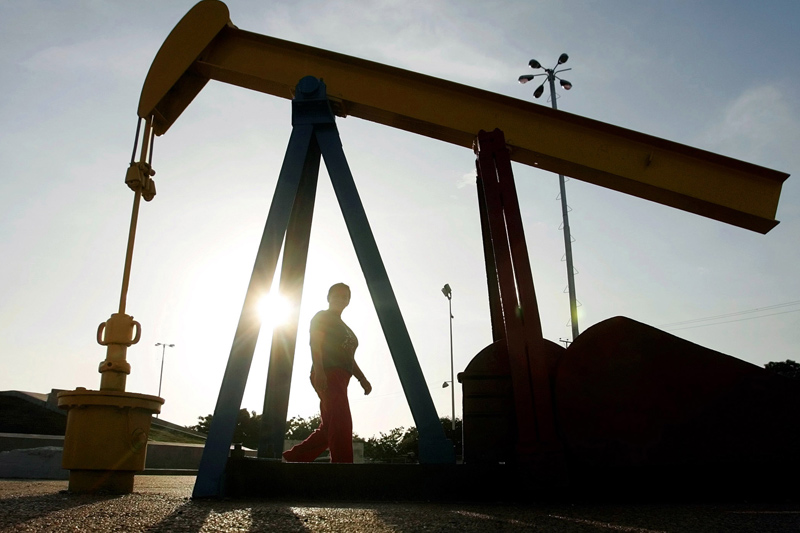By Peter Nurse
Investing.com -- Oil prices edged higher Friday in volatile trading, as traders weighed up slowing economic growth on the back of higher interest rates as well as cuts to supply from a group of top producers.
By 09:10 ET (13:10 GMT), U.S. crude futures traded 1% higher at $85.39 a barrel, while the Brent contract rose 1% to $93.32.
Brent is on track for a weekly gain of just under 2%, while U.S. crude is set to close the week 0.8% higher. Both benchmarks dropped in the previous week.
Oil has retreated from the highs of the first quarter on fears the aggressive monetary tightening undertaken by central banks across the globe to combat soaring inflation will lead to a widespread recession.
Tesla Chief Executive Elon Musk said on Friday he thinks a recession will last until spring of 2024 after raising concerns on demand in China and Europe.
The European Central Bank is expected to increase interest rates, probably by 75 basis points, next week, while Federal Reserve Bank of Philadelphia President Patrick Harker said on Thursday that the U.S. central bank has to keep on lifting its interest rates as inflation is still too high.
However, there has been some good news for oil bulls to latch on to this week.
Bloomberg reported that the Chinese authorities were considering cutting the quarantine period for visitors to seven days from 10 days. Although there has been no official confirmation of this potential change in stance, any move to loosen the tight restrictions on mobility from the world’s largest crude importer will be received gratefully by the market.
China has stuck to its zero-COVID policy this year, resulting in strict curbs at every outbreak. These have weighed heavily on business and economic activity, lowering demand for fuel.
Additionally, official U.S. crude oil stocks unexpectedly shrank last week, indicating that crude consumption in this important market has remained steady despite consumers struggling with soaring inflation.
On the supply side, the Biden administration’s plan to release another 15 million barrels of oil from the Strategic Petroleum Reserve has had little impact given the resultant rise in supply will be largely offset by a 2 million barrel per day production cut by the Organization of Petroleum Exporting Countries and allies, a group known as OPEC+.
In Europe, Germany caved in to EU pressure for a price cap on natural gas prices this winter, with Chancellor Olaf Scholz dropping his opposition to the plans in a lengthy meeting with other leaders which continues today.
The cap mechanism now stands a good chance of being finalized at a meeting of Energy Ministers on Tuesday.
This is the latest measure western countries are set to put in place to pressure Moscow following its invasion of Ukraine. The Group of Seven countries agreed last month to cap Russian oil sales at an enforced low price by Dec. 5.
The Baker Hughes rig count and the CFTC’s positioning data round off the week later in the session.
